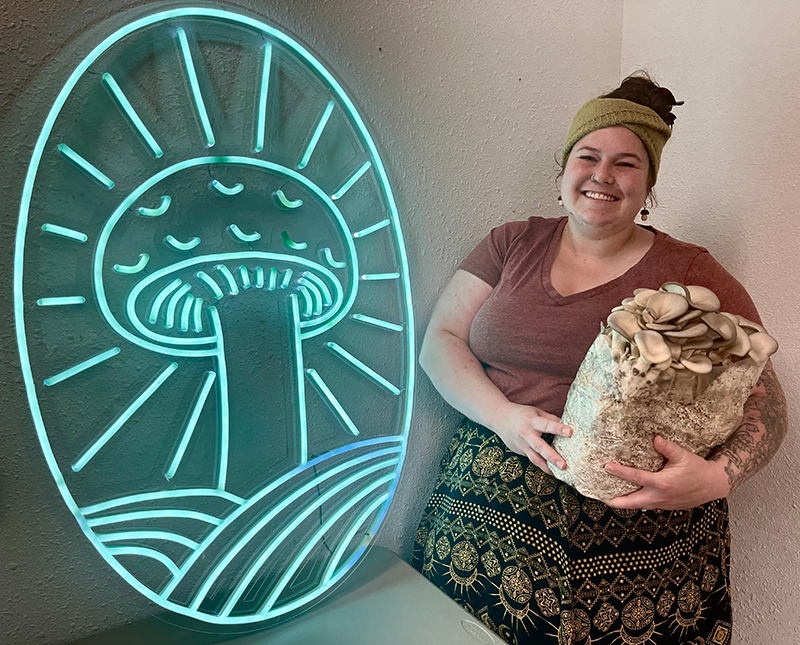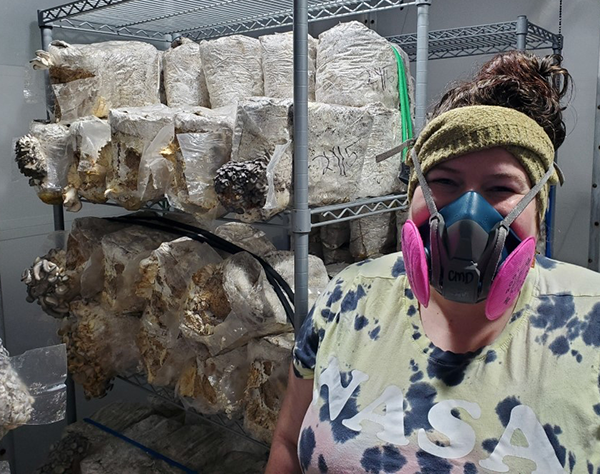Background
Bridgetown Mushrooms was founded in 2018. The company has17 employees and cultivates and sells gourmet mushrooms. They are one of the foremost mushroom companies in the Portland market. Bridgetown Mushrooms’ farming system includes using single-use plastic bags to grow mushrooms. Annual plastic pollution in mushroom cultivation amounts to roughly 1 million tons worldwide with Bridgetown Mushrooms contributing nearly 3 tons of plastic waste being disposed of in the landfill.
With expanding sales and demand, Bridgetown hopes to reduce such waste through long-term and short-term goals:
-
Develop changes in mushroom species-specific cultivation techniques to eliminate plastic grow bags for long-term reduction.
-
Investigate the creation of a reusable bag.
-
Implement a recycling program for single-use plastic bags as a short-term solution.

